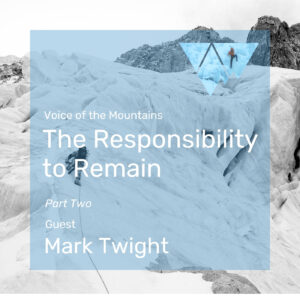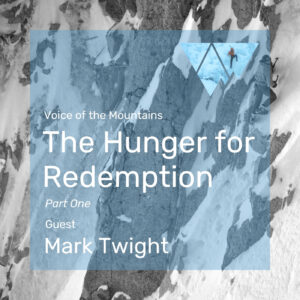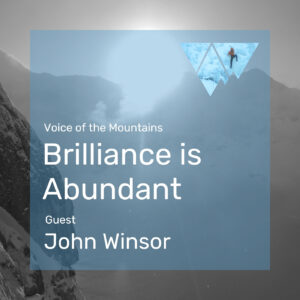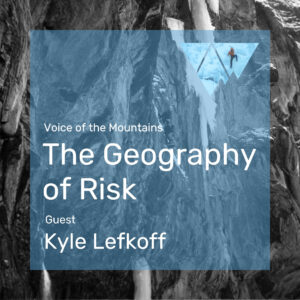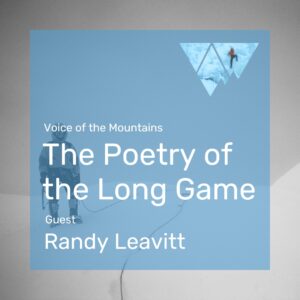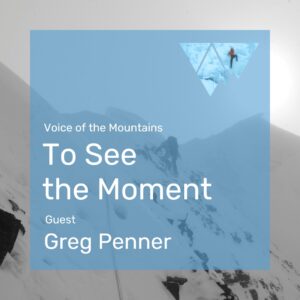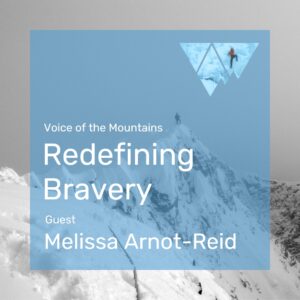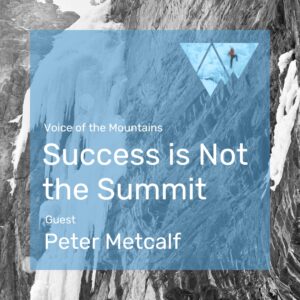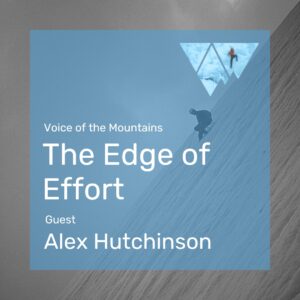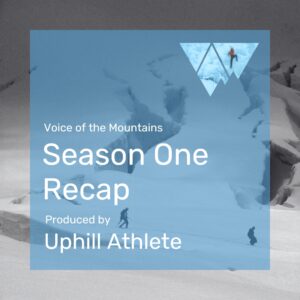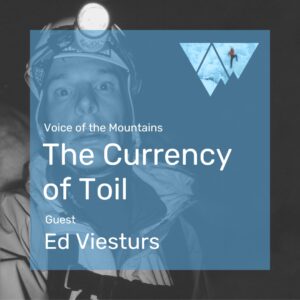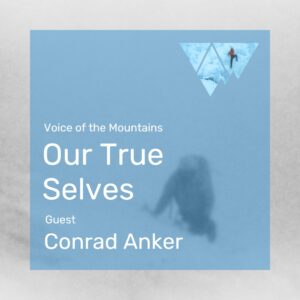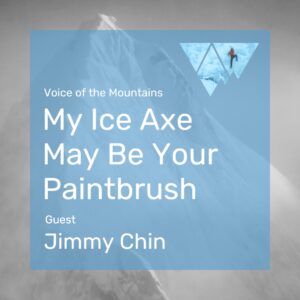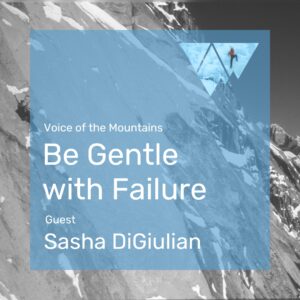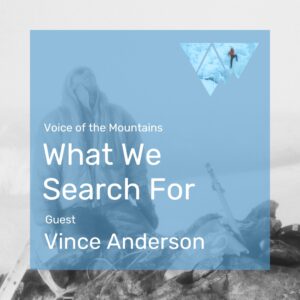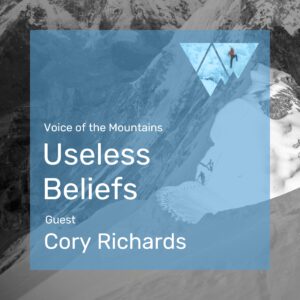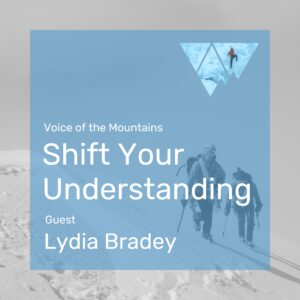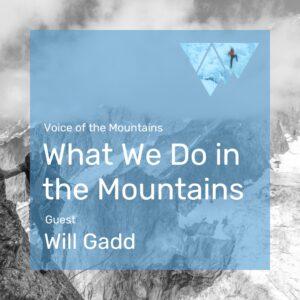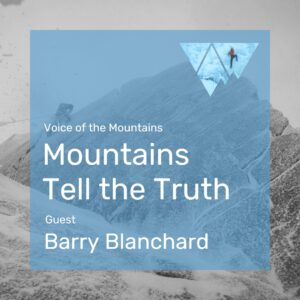Essay: The Edge of Effort
By Steve House
Truth does not reveal itself on command. It doesn’t arrive dressed in clarity or comfort. More often, it shows up in sweat, in contradiction, in failure. Truth asks for something costly: to let go of the person you think you are in order to become someone you’ve yet to meet.
We opened this season of Voice of the Mountains with that idea—not as metaphor, but as lived experience. In my conversation with Alex Hutchinson, we weren’t chasing training tips or performance hacks. We were chasing the question behind the question: Why do we do hard things?
Alex, best known for his book Endure, has built a career investigating human limits. But in The Explorer’s Gene, and in our dialogue, he turns the lens inward. What happens after you reach your goal? When you’ve accomplished the thing you trained years for, what remains? The answer, we found, is complicated—but it circles around truth.
The Effort Paradox
One of the central ideas we explored was what Alex calls “the effort paradox”: the strange reality that we often value things not in spite of their difficulty, but because of it. That paradox points toward a deeper truth—that suffering, when chosen, can be transformative. Not because pain is inherently noble. But because pushing ourselves to our limit clarifies what we care about, what we fear, and what we’re made of.
In mountain sports, we see this play out with unusual intensity. You could take the easiest line up a peak, or even a helicopter to the top. But alpinists, trail runners, climbers—we choose harder routes. We invent numbers to rank difficulty. We invent suffering. Not for masochism’s sake, but because that is how meaning is built.
Truth lives somewhere in that climb. It’s not on the summit. It’s in the moment you want to stop, but keep going. It’s in the sixth interval when your body says no and your brain replies, we’ll see about that.
Truth as Disruption
In our conversation, Alex described the tension between consistency and exploration. The best athletes—like the best writers, or scientists—develop mastery through long, consistent effort. But sometimes, the next truth requires a left turn.
He left a career in physics to become a journalist. Not because it was logical. Because something in him said: you’re not done becoming who you are.
That’s the shape truth takes. It’s not a fact. It’s a disruption. It pulls you out of your groove and says, Start again. It doesn’t care about sunk costs or past identities. It only cares whether you’re paying attention.
Climbing and Truth
Alpinism has taught me this again and again. On a climb, truth is brutal and beautiful. It tells you if you’re ready. It reveals how well you built a team that shares a passion for the same hungry quest. It lets you know when you’ve pushed too far—and sometimes, when you’ve not gone far enough.
You can lie to yourself at sea level. At 7,000 meters, that’s harder.
But truth isn’t just for the mountains. As Alex put it, doing hard things in sport teaches us we can do hard things elsewhere. That resilience is transferable. That effort builds character. That the pursuit of truth, of real understanding, is always going to ask more than you expected, and give more than you imagined.
A Living Relationship
Perhaps the greatest insight of our conversation was this: truth is not a fixed point. It’s a relationship. You don’t arrive at truth. You engage with it. Over time. Through questions. Through effort. Through the willingness to risk your current self for the chance of becoming something more real.
And that’s what this season of Voice of the Mountains is about.
It’s about truth, not as something that we know or don’t know, but truth as a commitment. A commitment to curiosity, to courage, to growth. Here you will meet individuals who forwent comfort, took risks, and paid the price for becoming.
Because this life, this world, this work—it’s not frictionless.
But it is real.
And that’s enough.
LISTEN TO THE EPISODE:
Exploring the poetic soul of the mountains.
Voice of the Mountains explores the mental and emotional adventures found in discovering who we are and what we’re capable of. Here we engage in self-reflection and humility, and embrace the beauty and struggle of the alpine experience equally.

